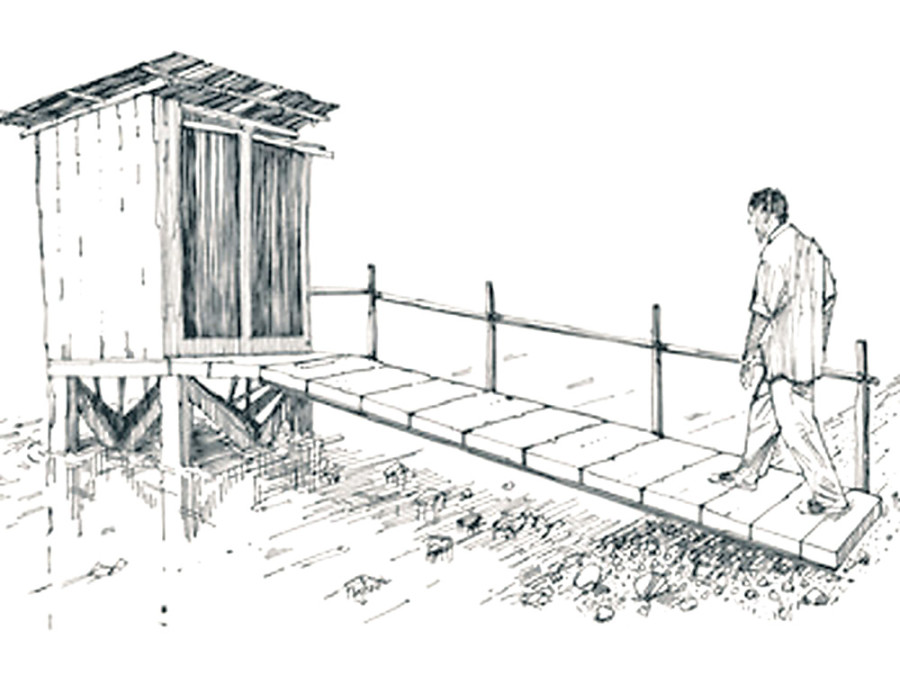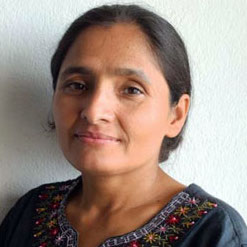Opinion
Toilet talk
The Open Defecation Free campaign sounds impressive, but little has changed on the ground
Radha Paudel
Last month, while flying down from Jumla to Nepalgunj, I got into conversation with a fellow passenger. It turned out the gentleman was a civil servant. He concluded the talk by saying, “Sorry, madam, you have come from Jumla. Why is it so dirty?” It was not a single question. Travellers to Karnali and the far west and even those who have never been there, educated and uneducated people, NGO workers and others ask the same question. “Oh, so many flies, too dirty, got sick…” I have observed flies everywhere in the world, the only difference is in the number. Simply, flies multiply in dirty surroundings and are attracted to dirt. According to a government report released in 2011, the Far and Mid-Western development regions have the lowest sanitation coverage of 30 percent in the country.
While walking through villages in western Nepal, I have come across Open Defecation Free (ODF) villages or areas. This status is publicised through slogans, songs and statements. Statistics show that toilet coverage in urban areas is 78 percent against 37 percent in rural areas. However, the actual figures may be lower. In some areas, there may be toilets; but they are not used because they are not comfortable. They are tiny and narrow, and hard to use even for dwarfs. They have no doors or windows, no ventilation, no water and no soap. And they swarm with flies and stink like hell. No wonder, open defecation is rampant. Sadly, even schools have no toilets or water.
Poor mindset
Why do we need such an ODF programme? If it is for health, hygiene and environment, do such approaches work in a rural context? Hygiene is deteriorating and flies are increasing. The many tea shops or so-called hotels said, “You can go anywhere. We have enough forests and land.” And they serve food with zero hygiene. They use the water from the river directly. Flies dive on to the food on the plate. The children’s faces are almost entirely covered with flies. Most people know about the importance of using the toilet and washing one’s hands, but they do not do it due to habit or circumstances.
An observation and review of the master plan of the government issued in 2011 shows that the above mentioned barriers or challenges are not even recognised. It is not because of lack of resources; it is due to the poor mindset of the actors. Without addressing the causes behind the growth in the number of flies and the sources of this growth, can Nepal reach its destination? Is it ethical to make claims about the number of toilets built just to show that the targets have been achieved?
The rural communities are insensitive to such dirt, flies and diseases due to many reasons. They cannot overcome all the issues by themselves as they are dominated by tradition and lack the motivation to get rid of such practices. They are more concerned about where their next meal is coming from. Regarding the teashop owner, they have money and food, but they are the same as the other villagers because no one has complained about their food or service. So they do nothing about it. Individuals who complain about the dirt or even the ODF campaigners pass by without a single question.
Simple measures
There are many practical and simple ways to overcome the problems and achieve the goals. First, animal sheds should be separated from the house. If there is limited or no land, they can go for a collective animal shed as is being done at Ghaleghau, Lamjung. Second, a scheme or rule should be developed to collect animals dung and turn it into compost. Third, there should be a water supply system before talking about sanitation. Fourth, spraying insecticides as was done for malaria control should be done. And fifth, tea shops should have a common standard of service and hygiene.
Without doing these things, the ODF programme will remain just a fashion and celebration for jobholders and will be of little practical use for the people. People often blame rural communities for lack of hygiene, but have they seen how it is in Kathmandu or the diners on the highways? The toilets in restaurants, government offices and schools are without basic requirements. Most of these toilets are broken, narrow and dirty, and usually there is no water. Many people consider toilets and hygiene to be a minor issue, but they are a very big and serious concern in many ways. Toilets are a priority in the developed countries, and they have water supply, soap, hand sanitiser and cleaners on duty. So they do not have communicable diseases like in Nepal. Thus, the ODF campaign should be considered beyond the box. Stakeholders should go beyond celebrations because it is a key block for the country’s prosperity.
Paudel is Founder/President of Action Works Nepal and author of the Madan Puraskar-winning book ‘Khalanga ma hamala’'




 8.67°C Kathmandu
8.67°C Kathmandu










